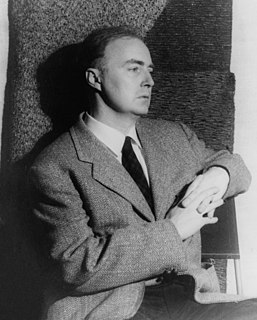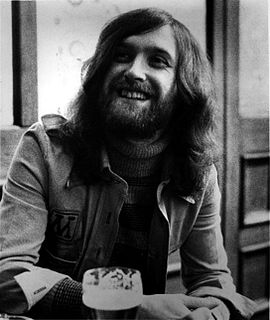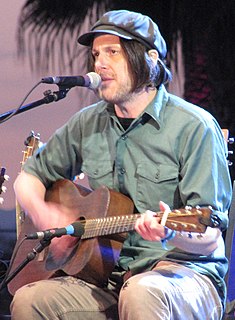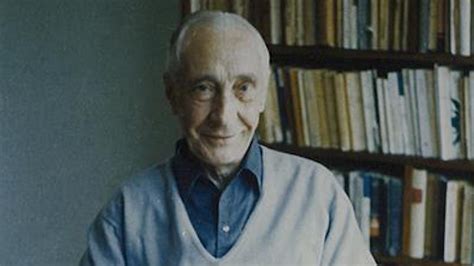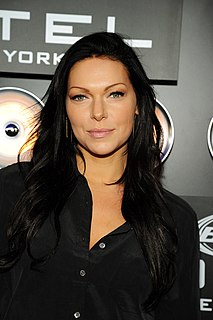A Quote by James Purdy
I don't think it's like eastern mysticism, which leaves the person whole. It's really another form of cancer, television.
Related Quotes
Of course, mysticism is very hard to isolate because, given the kind of consciousness that I was sort of instructed in as religious consciousness; that borders on mysticism so closely that it's hard to know whether you qualify or not, or whether mysticism is artificially isolated when it is treated as a separate thing from experience. Obviously, mysticism can be a form of madness, but then consciousness can be a form of madness.
Often, everywhere we look, we seem to find obstacles and facades and smokescreens, so it was really nice to find things in the world that actually spoke to me. And I felt like Eastern thought really spoke to me. Because it isn't trying to cover up the pain in life; it's trying to deal with it and overcome it in an intelligent way. I think the reason I love Eastern thought so much, and mysticism in general - but especially Buddhism - is because it seems to me an attempt to look life squarely in the face, as it is.
The East is unfamiliar with those confessions, memoirs, and autobiographies so beloved in the West. There is a clear difference in tonality. One's gaze never lingers on the suffering humanity of Christ, but penetrates behind the kenotic veil. To the West's mysticism of the Cross and its veneration of the Sacred Heart corresponds the eastern mysticism of the sealed tomb, from which eternal life eternal wells up.
I think the beauty of the film industry is that if another person tries to become another person or act like another person or imitate another person, they don't really get too far. When that person starts to realize who they are and what they can bring to the table, they start to blossom and grow. With that, it's not so much me looking towards my predecessors who have paved the way in the industry - it's more getting inspired. I get little bits and pieces of what I can take from any and everybody.
The problem ... is that we have run out of dinosaurs to form oil with. Scientists working for the Department of Energy have tried to form oil using other animals; they've piled thousands of tons of sand and Middle Eastern countries on top of cows, raccoons, haddock, laboratory rats, etc., but so far all they have managed to do is run up an enormous bulldozer-rental bill and anger a lot of Middle Eastern persons. None of the animals turned into oil, although most of the laboratory rats developed cancer.
I do think this is where television is going, and I think that it's awesome to be a part of a show like this because we are these pioneers into this new medium. And it's working. When you look at the success of House of Cards and Arrested Development, which I love, this is how people are watching television now. It's pretty cool to be a part of this whole thing.
There is another peculiar satisfaction in really hearing someone: It is like listening to the music of the spheres, because beyond the immediate message of the person, no matter what that might be, there is the universal. Hidden in all of the personal communications which I really hear there seem to be orderly psychological laws, aspects of the same order we find in the universe as a whole. So there is both the satisfaction of hearing this person and also the satisfaction of feeling one's self in touch with what is universally true.
Rational thinking which is free from assumptions ends therefore in mysticism. To relate oneself in the spirit of reverence for life to the multiform manifestations of the will-to-live which together constitute the world is ethical mysticism. All profound world-view is mysticism, the essence of which is just this: that out of my unsophisticated and naïve existence in the world there comes, as a result of thought about self and the world, spiritual self-devotion to the mysterious infinite Will which is continuously manifested in the universe.
